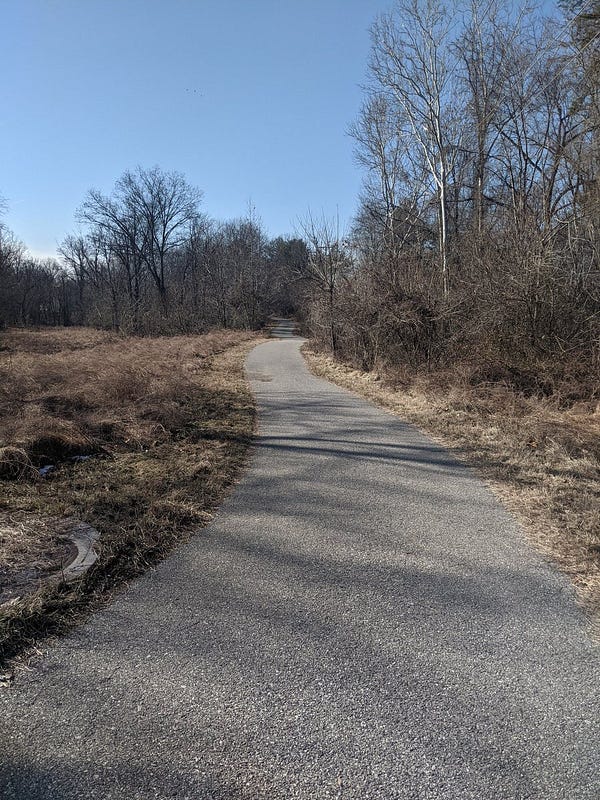A Multi-Year Phased Approach to Inclusive Systems Change
Our presentation at CEC 2022 in full.
Hi, Y’all.
For this edition of The Weeklyish, I want to do two things.
The first is to give a very short recap of our time at the Division on Autism and Developmental Disabilities (DADD) conference in Clearwater, Florida last week.
The second is to share our Council for Exceptional Children (CEC) presentation in full because I think it is a great breakdown of what we mean when we talk about what it takes for school systems to change.
And since the presentation is so long (about 30 minutes), I’m forgoing the video edition of the Weeklyish this time. You will get enough of me talking if you watch or listen to the presentation.
So about DADD. Let me say again, just like the CEC conference, how pleasantly surprised I was about the emphasis on diversity, equity, and inclusion. In fact, during the opening general session, Liz Harkins, part of the DADD leadership, highlighted intersectionality:
Our approach to advancing the current inclusion of people with disabilities has to change, so our questions need to change, and they have to become more like…
How are we advancing the current inclusion of all people with developemental disabilities?
For example, how are we welcoming and supporting autistic people of color in our spaces, individuals with intellectual disabilities who don’t speak english as their first language, people with disabilities who are gay. How are we supporting professionals who are transgender who work with these students?
In the same session, Jaime Pearson (also part of DADD leadership), shared the vision they were laying out for the division. Among the areas Jaime focused on was:
To deconstruct and recreate curriculum, policies, rules, and regulations, and practices that do not advance educational equity, particularly for students with disabilties.
I certainly hope that when Liz Harkins and Jaime Pearson talk about inclusion and educational equity for students with disabilities, they mean all students belonging in the general education classroom with support. As both a CEC and DADD member, I’ll be watching to find out.
Ok. On to the CEC presentation. Take some time to watch or listen. I think it sums up our systems change work with our partners very nicely. And if you have any questions, let me know. We would love to talk with you about how we could engage in this work with you.
Tim
Tim Villegas (MCIE), along with Brittni Sammons & Betsie Camilliere (Calvert County Public Schools), describe a multi-year phased approach to inclusive systems change at the 2022 Council for Exceptional Children conference in Orlando, Florida.
Session Objectives:
- Define inclusion and the MCIE multi-year phased process for systems change
- Identify barriers and solutions to systems change
- Apply readiness for systems change criteria to a school or district
Big Idea: Systems change is possible and sustainable with a formal systems change process
Click here for a transcript of the presentation.
Click here for a copy of the slides.
References:
Jorgensen, C. M., McSheehan, M., & Sonnenmeier, R. M. (2010). The Beyond Access Model: Promoting membership, participation, and learning for students with disabilities in the general education classroom. Brookes Publishing.
ICYMI
🌐 Fighting for Inclusive Education Feels Like Groundhog Day
🎧 Greta Harrison | Born Fabulous Podcast
🌐 “Abbott Elementary” Says A LOT About the State of Our Schools
🎧 The Intersection of Race and Disability | Pop Up Podcast @ #CEC2022
In The News
Debate Over Applied Behavior Analysis At A Crossroads
Department of Education Publishes Annual Report to Congress on IDEA
Education Secretary Calls For Increased Funding For IDEA
Setting Up a Disability-Inclusive Curriculum
What I’m Reading

What I’m Watching
What I’m Listening To
What’s in my Timeline
From the Wayback Machine
Why Using Inclusive Language Matters
Just Because




